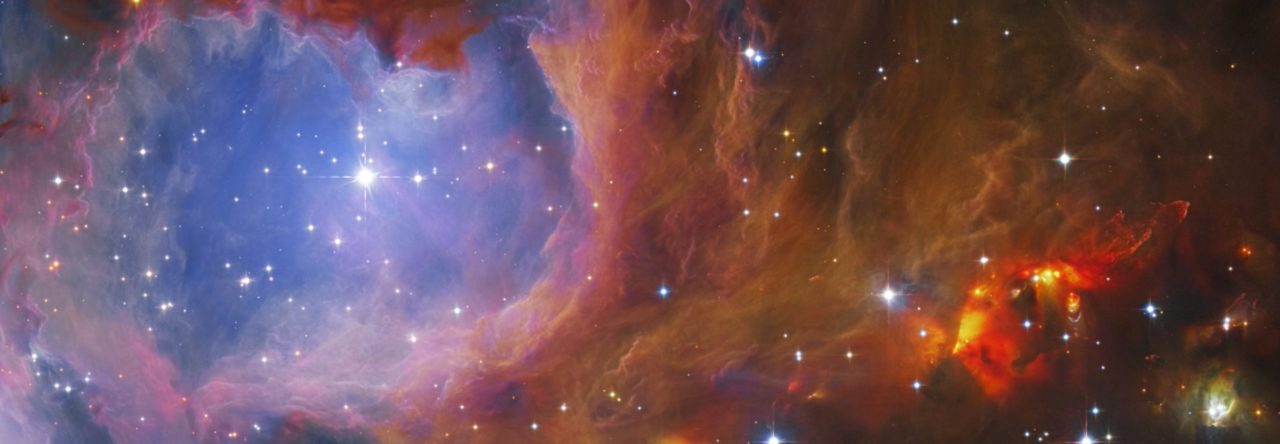Like everyone, I’ve been following the news of pop star Michael Jackson’s death closely, trying to figure out exactly what happened to one of the most talented, most gifted musicians to ever walk the earth.
In a little under 25 years Jackson went from being an idolised pop star performing on the back of Thriller, an album that is considered perfect by most music critics (myself included) and sold an estimated 109 million copies, to being a reclusive shell of his former self, dealing with a decade long career slump, widespread skepticism over his ability to perform an upcoming series of concerts, an addiction to painkillers, and the stigma following a high-profile trial in which he was found not guilty on seven counts of child sexual abuse.
Up until his death on June 25th this year any mention of Michael Jackson invariably brought up his chequered past; his increasingly bizarre behaviour, such as moving to Bahrain after the aforementioned trial; and his odd parenting techniques, such as having his family wear surgical masks during outings or leaning over a balcony while holding a baby son, known as ‘Blanket’, in 2002.
Given all of this, it strikes me as odd that “Wacko Jacko” has been remembered a lot more fondly since his death than he was thought of during life. The outpouring of emotion in the seven days following his death has been truly baffling.
A year ago our general collective opinion of Jackson was that he was crazy and weird, a recluse, a likely paedophile, a musical has-been, and a poster-boy for the damaging effects of the celebrity machine.
We are now lauding him once again as ‘the King of Pop’, the most gifted musician and dancer in music history, and equating his loss with the shocking death of Princess Diana in 1997.
A little over a year ago, in March 2008, Los Angeles Times staff writer Ann Powers wrote that “Michael Jackson will never be just like us. … a snap of him shopping invokes not normality, but one of those renderings of space aliens from the Weekly World News.” (source: http://articles.latimes.com/2008/mar/01/entertainment/et-jacko1)
Now he’s simply Michael Jackson, the mastermind behind a decade of best-selling albums.
So, why the sudden change of heart?
I mean we’re not suddenly a more forgiving race of people, and we didn’t somehow forget everything that happened, involving Jackson, in the last 25 years.
The truth is that Michael Jackson was the bizarre recluse we considered him to be.
But the problem was that we’d completely lost sight of the fact that he was also the mastermind behind Thriller, that he was also the guy who sold hundreds of millions of albums, that he was also the most gifted musician and dancer in pop history, and that he was idolised the world over, beloved by music fans everywhere.
Perhaps more troubling is that we didn’t tell him any of that – until now.
A speaker I saw recently discussed the phenomenon of eulogies and memorials, suggesting that we should say to people what they mean to us now, rather than wait until their death to say them to everyone else.
For Michael Jackson, just a little of the kind of coverage he’s received since his death might have been the difference between the reclusive life he led or a more normal, balanced life.
Being told that what he meant to those who loved and idolised him – even just once – might have been the difference between life and death.
The tragedy is that it took Jackson’s death for us to realise it.

Leave a Reply